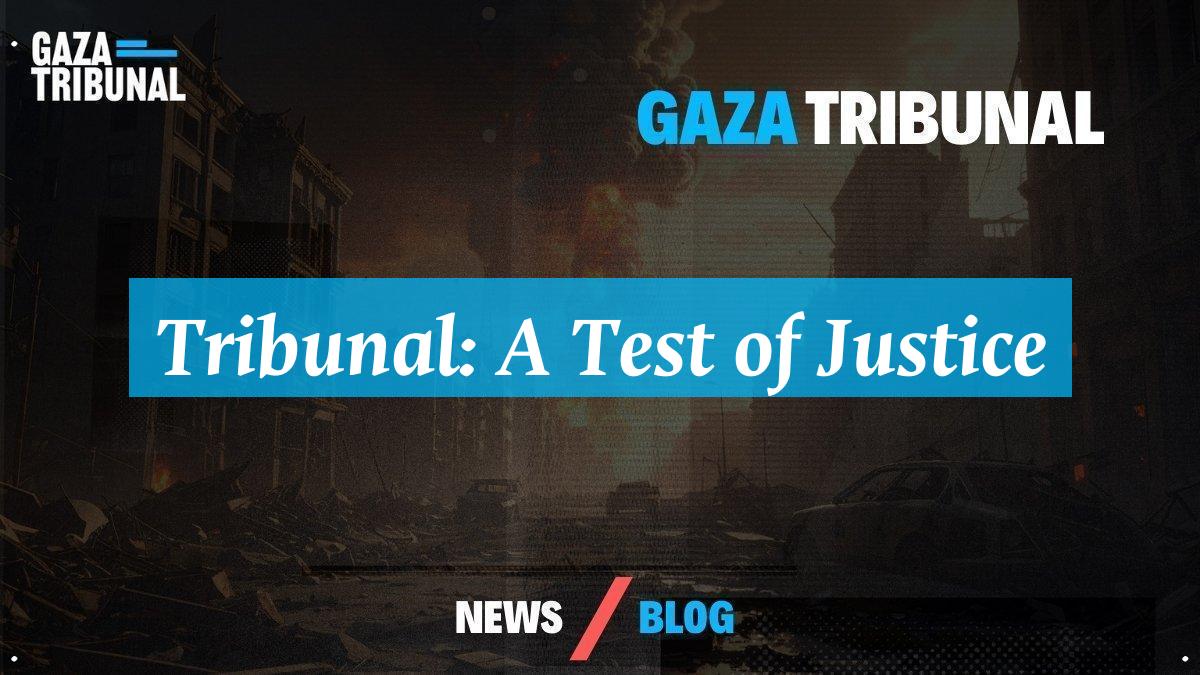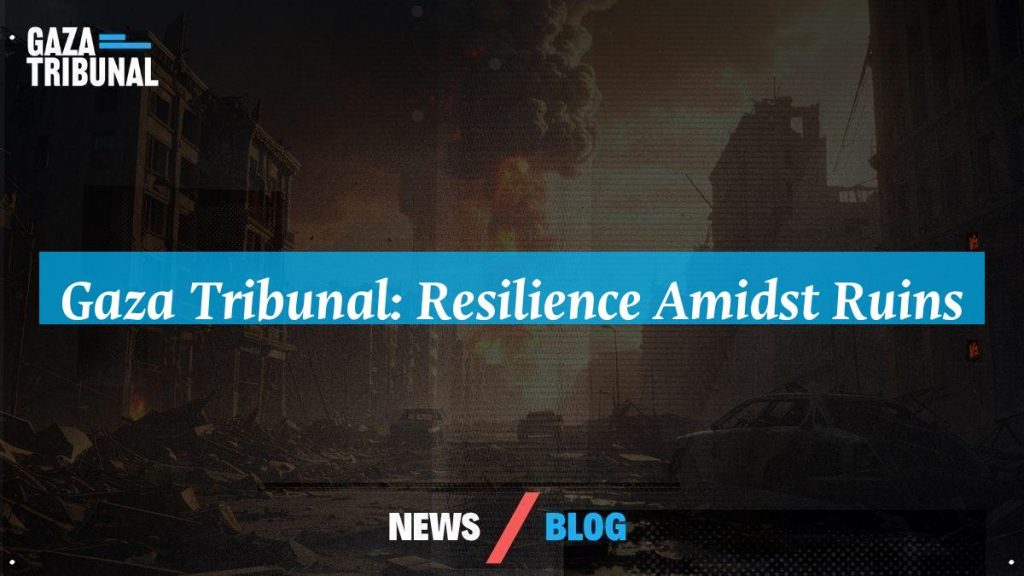In the heart of Gaza, resilience unfolds amid devastation, woven into the narrative of the Orouq family. Abd al-Rahim Orouq, reflecting on love and loss, poses an urgent question: How does one navigate such profound grief? As the latest Gaza Tribunal Updates reveal, similar stories echo throughout this beleaguered land, highlighting the heavy toll of conflict. In this moment, we witness not only heart-wrenching loss but also the undying spirit of those striving for justice. Thus, we grapple with the stark reality of lives erased and dreams extinguished, all while being called to honor these stories. Each tale invites us to remember, challenging us to engage deeply with their narratives.
Strikingly, these chronicles from Gaza compel our unwavering attention. Each heartbreaking account, including that of the Orouq family, resonates with the shared struggles of civilians. Delving into their experiences reveals the Gaza Tribunal Updates as both a record of suffering and a rallying cry for the silenced. What stands out in this ordeal is their unyielding resilience, not merely to survive but to ensure that memories endure. Yet, amid this painful commitment to remembrance lies a powerful form of resistance. Embracing such stories transforms grief into a compelling platform for advocacy and change. Ultimately, it’s our responsibility to keep their voices alive and let their legacies inspire us to action.
The Heart of Gaza: A Family’s Bond Before Tragedy
In the vibrant streets of Gaza, Abd al-Rahim’s family thrived. They embodied resilience and connection. Family gatherings filled their home with laughter and love. Meals transformed into cherished rituals, where everyone shared stories and dreams. “Lunch at our house was a must,” he fondly recalls. “No matter where you cooked, you joined us.” This spirit of unity defined their lives. It created a warmth that extended beyond their walls, bringing comfort and joy to everyone involved.
Um As’ad, Abd al-Rahim’s mother, held a special place in the community. Known for her incredible cooking, she especially delighted everyone with her famous maftoul. Even during difficult times, she never hesitated to help others. “She would cook for displaced families,” Abd al-Rahim remembers, “even when her health declined.” Her generosity inspired everyone around her. “She always gave, even when she had little,” he reflects. That spirit still resonates deeply within him, a reminder of love amidst hardship.
October 7th: The Beginning of Unimaginable Loss

On October 7th, everything changed. Abd al-Rahim found himself reporting from afar, desperately trying to reach his family. “I stayed glued to my phone,” he says. However, the bombings soon cut off all communication. His family faced a dire choice: stay or flee? Many chose to return home, believing it was the safest option. Days passed in fear and uncertainty. They endured hunger and anxiety. What would they do next? The tension hung thick in the air.
As Abd al-Rahim struggled to get news, the situation escalated. His family’s resilience shone through, yet the fear loomed large. They longed for a return to normalcy, but the reality was harsh. “We had to stay together, no matter what,” he explains. Those early days marked a turning point. The chaos outside mirrored the turmoil within their hearts. It was a fight for survival, one that no one should have to face. The uncertainty felt relentless.
December 21st: A Day of Devastation
The clock struck 2:00 a.m. on December 21st, and tragedy struck. An airstrike obliterated the Orouq home, taking with it lives and dreams. “I had just spoken to them,” Abd al-Rahim recalls, his voice trembling. “We laughed and shared hopes.” The joy of that moment quickly turned to despair. “Sajida promised me she would be okay,” he continues. “But that was our last conversation.” The weight of loss crushed him. The reality of his family’s fate became painfully clear.
Among those lost were his brothers and his beloved mother. They opened their doors to neighbors in need, showing true compassion. “As’ad gave half the house to those who needed it more,” Abd al-Rahim remembers. That act of kindness now haunts him. “They were ordinary people with extraordinary hearts,” he reflects. In their absence, he feels the echo of their love. Their stories deserve to be told, even amidst the rubble. Each memory serves as a reminder of their legacy.
Gaza Stories: The Power of Memory and Resistance
Abd al-Rahim’s story represents countless others. The loss of the Orouq family echoes throughout Gaza, a testament to resilience. Every family has a story, a narrative that deserves recognition. “We must remember them,” he insists, “because they lived, loved, and dreamed.” Documentation efforts aim to preserve these truths. Each name and face serves as proof against erasure. Memory becomes a form of resistance against injustice. How can we forget?
As Abd al-Rahim shares his grief, he also shares hope. “Telling their stories honors their lives,” he emphasizes. It’s a responsibility he takes seriously. “Um As’ad, As’ad, Rizq, Ahmed — they all mattered.” In the face of tragedy, he finds strength in remembrance. Their spirits guide him, urging him to speak out. Thank you for listening to this important narrative. Together, we can ensure their legacy lives on. Let’s honor their memory, for they deserve it. This is not just a story; it’s a call to action. Source | Homepage


